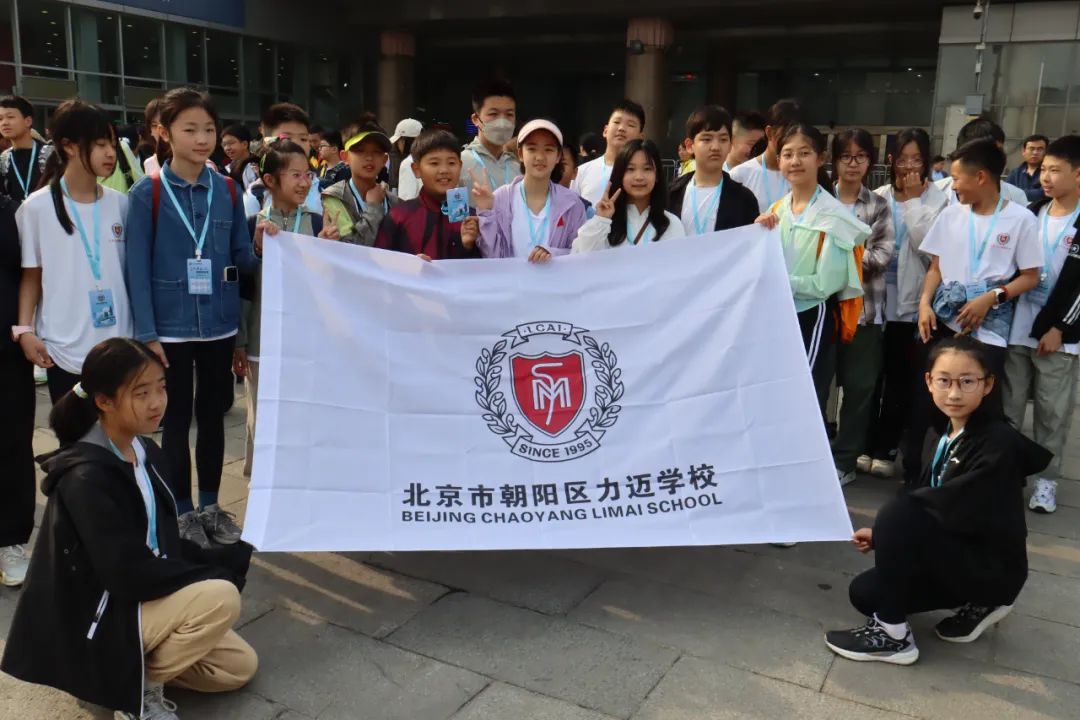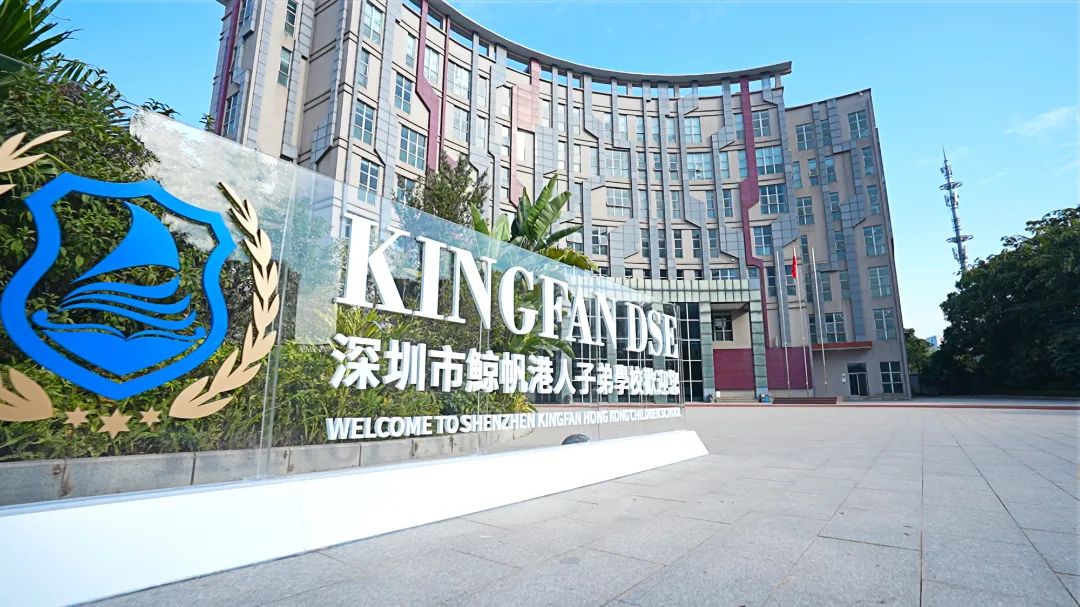Total number of words: 1597 words
FOCUS ON THE CLASSROOM,
IMPROVE QUALITY
AND EFFICIENCY
JIN'AN GROUP SPECIAL RESEARCH
ON THIRD-YEAR JUNIOR HIGH
AND THE SEVENTH CULTURAL
EXHIBITION AT HUAMEI CLASSROOM
On the morning of November 22, 2023, from 8:00 to 12:00, Shenzhen Jin'an Education Group held a thematic research and demonstration event titled "Focus on the Classroom, Improve Quality and Efficiency" at Huamei Foreign Language School. The event focused on the comprehensive review and preparation for the third year of junior high school. More than forty participants, including the Research Department of Jin'an Group, teaching leaders from Jin'an Group's various schools, subject group leaders, and third-year junior high school teachers, attended the event.
The schedule for this research and development activity is as follows:
| Teacher Luo Honglian's demonstration class on history, and Teacher Wang Yinsi's demonstration class on English |
| Sharing of teaching experiences by two teachers |
| |
| Li Gongliang, Director of the Research Department of Jin'an Education Group, concludes the event |
Senior Chinese Teacher in Guangdong Province, former Director of Academic Affairs at Shenzhen Guiyuan Middle School, "Top Ten Meritorious Teachers" in the National Bookish Education, columnist for Guangming "Educator" magazine, member of the China Prose Society, outstanding teacher in Shenzhen, one of the first distinguished Chinese teachers in Shenzhen, "Top Ten Meritorious Gardeners" in Luohu District, host of quality courses in Luohu District, one of the first education trainers in Luohu District, project leader for the city's "Reading and Writing Integration" research, coach for the city's high school entrance examination top scorer, and mentor for literary youth.
Distinguished Teachers
in Lesson Presentation
Senior High School Teacher with 34 years of teaching experience. She has served as a municipal-level history subject research officer and the leader of the municipal-level subject grand teaching research group. She has received numerous honors such as the Autonomous Region-level, Prefecture-level, and City-level backbone teacher, exemplary class teacher, outstanding teacher, subject leader, and more.
Master's degree holder, holder of English Professional Level 8 Certificate. With experience in teaching grades seven through nine in a cyclic manner, she is familiar with textbooks and examination points. She has been awarded the second prize in the Luohu District Micro-Lesson Competition and has received praise from city and district teaching and research officers and researchers for her open classes on multiple occasions.
Teacher Wang chose a crucial topic for the middle school entrance examination—Gap Filling Reading Reconstruction (selecting six out of five). Both her teaching materials and presentation slides are exquisitely crafted. She incorporated elements that students enjoy, such as "jigsaw puzzles" and "Harry Potter," into her teaching. Teacher Wang has an amiable teaching style, emphasizes key points effectively, and balances details appropriately. She organized group cooperative learning, resulting in high student engagement.
Teacher Wang's post-lesson sharing was also fascinating. She eloquently explained the design thinking behind her lesson, being concise and getting straight to the point. Teacher Wang's teaching insight: "Better to walk slowly than to rush," conveying the essence of education. The final topic she raised is thought-provoking: How to enhance the sense of achievement in English learning.
Teacher Luo's class focuses on the third part of specialized training for the learning ability of ninth-grade students— "Training in Question Analysis Ability." The class mainly involves selecting typical questions with high error rates from previous mock exams, allowing students to engage in independent learning and find effective methods.
During the class, Teacher Luo cleverly uses strategic questioning to open up students' thought processes in answering questions. By guiding students to carefully read each question's stem and materials, they can identify key historical information. This approach aims to cultivate students' ability to analyze questions, enabling them to better grasp answer strategies. Simultaneously, Teacher Luo helps students understand each question's format, ensuring they are clear about which questions they should answer, what aspects of the events each question covers, to what extent they should respond, and the scope of their answers.
Through this training, students' thinking abilities are exercised, and the accuracy of question analysis is improved, leading to a significant increase in the correctness of their answers.
Vice-Principal Hu Shaoming's Comments
In Teacher Luo's class, she achieved excellence in three aspects:
meticulous selection of exercises, featuring typical examples in the field of history;
detailed explanation of exercises, guiding students to answer questions by identifying key words and information, thus enhancing their logical thinking and expression abilities;
and refined practice of exercises, systematically helping students summarize and consolidate answer techniques.
Director Li Gongliang's Comments
Teacher Luo's class was close to the classroom, close to the students, and closely aligned with the middle school entrance examination, fully showcasing the comprehensive qualities of an outstanding history teacher.
After the review, Teacher Luo shared her valuable experience in preparing for the middle school entrance examination in the history subject.
The teaching of history in the ninth grade is divided into three major stages:
The first stage: Read through the texts to broaden knowledge and establish a solid foundation.
The second stage: Classify topics, make comparisons, and establish connections both vertically and horizontally.
The third stage: Comprehensive review, targeted training, and emphasis on key points.
Middle School Entrance Exam History "Four-Step" Exam Preparation Method:
Step One: In-depth study of the curriculum standards. Only by thoroughly understanding the objectives of the curriculum standards can one aim purposefully in classroom teaching and exam preparation, thereby laying a solid foundation for improving exam scores.
Step Two: Careful study of past exam questions. The Shenzhen middle school entrance exam uses independent question-setting, with advanced and unique question design concepts in recent years. From a macro perspective, historical exam questions in recent years have consistently sought "stability amid change and innovation within change."
Step Three: Deep research into question setting. With the implementation of the "double reduction" policy, teachers are required to carefully select and refine exam questions, departing from the past strategy of extensive question drilling. Under these circumstances, independent question-setting becomes a fundamental skill.
Step Four: Broaden and extend. History teachers not only need to study historical exam questions from various provinces and cities in past years but also carefully read national historical exam questions from previous years, earnestly absorbing the question-setting techniques. History teachers should actively explore exam preparation strategies within the broader context of the liberal arts.
In summary, the "Four-Step" Exam Preparation Method for the middle school entrance exam in history can effectively assist students in their exam preparation, contributing to the enhancement of students' core competencies and exam performance.
Vice-principal Hu Shaoming has been in charge of teaching at Guiyuan Middle School for over twenty years, leading the school from being merely "eight or nine out of ten" to surpassing prestigious schools with a growth journey to "ten or twelve out of ten." As a member of the China Prose Society, he used the most straightforward language to introduce "Reflections on Enhancing Quality and Efficiency": the overall guideline of the school principal, featuring one standard, two awareness levels, three achievements at 80%, and four areas of increased focus. The one standard is the attention rate; the two awareness levels are student awareness and awareness of the middle school entrance exam; the three achievements are 80% effectiveness in content, 80% student participation rate, and 80% course effectiveness; the four areas of increased focus are paying more attention to students' learning, highlights of teachers and students, learning quality, and pre- and post-class activities.
Vice-principal Hu emphasized one experience in particular: students' good grades come from doing homework, and teachers' good grades come from grading assignments.
To achieve overtaking on curves and changing lanes, the "Three Struggles Spirit" is indispensable: the school struggles for excellence, teachers struggle in teaching, and students struggle in learning.
School excellence requires perseverance:
Clear emphasis on quality.
Clear rewards and punishments for quality.
Shared hardship and joy for quality.
Teacher diligence means being prepared for difficulties:
Starting low, climbing slopes, and ascending heights (curriculum standards, exam outlines, exam questions, and question-setting).
Foundational lessons, extension lessons, and development lessons (selection, explanation, refinement, and correction).
Student diligence involves getting up early to study:
Clearing daily, weekly, and monthly tasks.
Learning by analogy and drawing parallels.
One minute on stage, ten years of practice off stage.
Li Gongliang, the Director of Education at Jin'an Education Group, summarized the activity and deployed future work. Director Li spoke highly of the research and development event and suggested transforming Huamei Foreign Language School into the group's research base for the middle school entrance examination. He recommended holding more specialized teaching seminars and explicitly stated the focus on inspecting the lesson observation records of teaching leaders in various schools within the group, examining the records of subject group research activities, with a specific emphasis on "focusing on the classroom" and "improving quality and efficiency."
In this group research and development activity, teachers from various schools actively participated, engaging in thoughtful discussions. The teachers' dedicated learning became the most outstanding scenery. During the lesson evaluation at Jindaotian School, Teacher Liu Lei focused on recording the entire process and precisely shared his insights.
This activity, guided by exemplary lessons from master teachers, conducted specialized teaching training, aimed at improving the quality of education and teaching, enhancing classroom teaching effectiveness, fully leveraging the advantages of group education, and deeply tapping into the educational resources of the group. It significantly promoted the overall improvement of the group's educational level.






